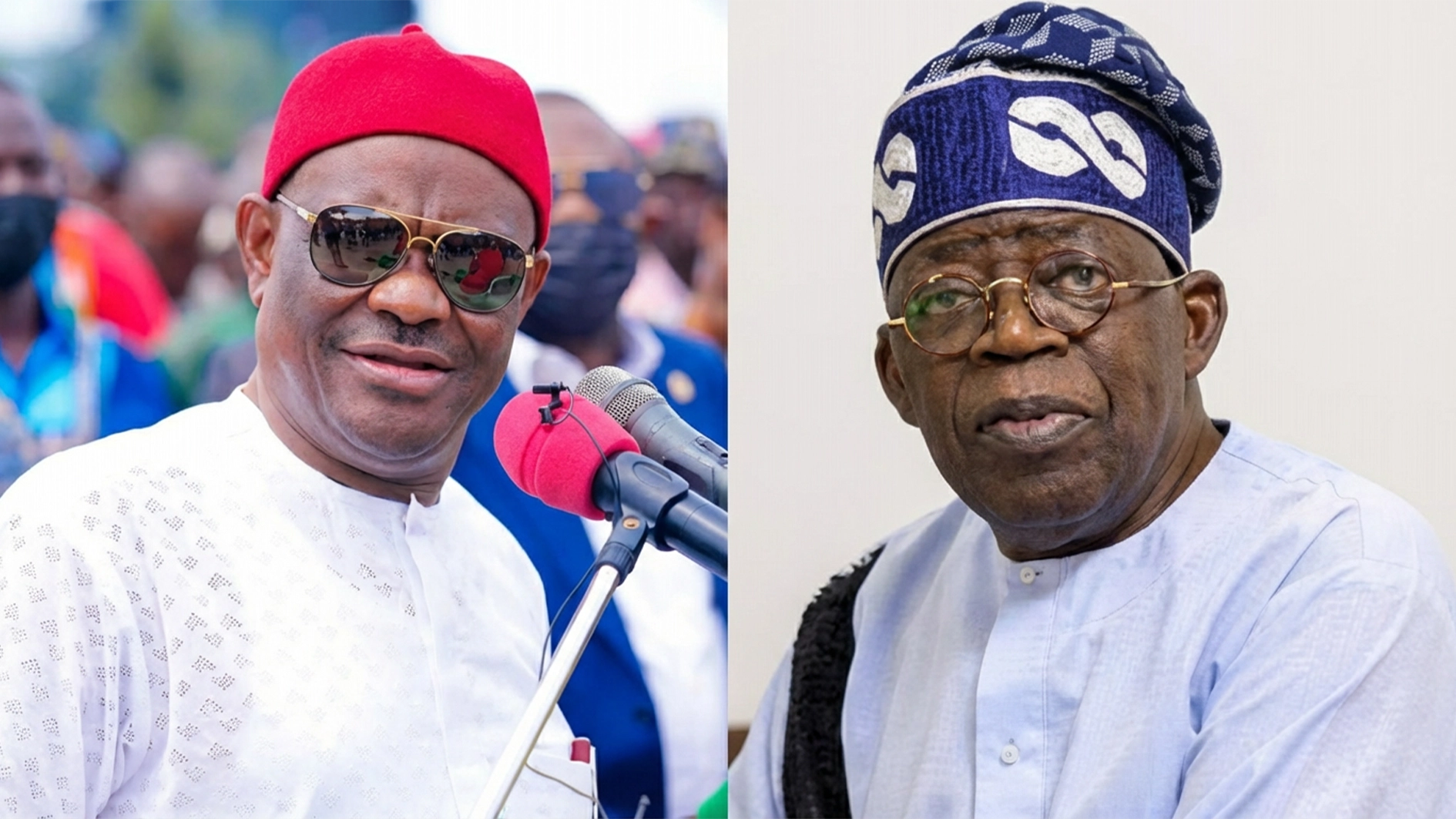In the last few days, erstwhile minister of Innovation, Science and Technology, Chief Uche Geoffrey Nnaji, has been in the eye of the storm in ways that pricked public conscience. It followed allegations of forgery made against him by an online news medium. Weighty in all ramifications, they left Nigerians divided- those who hardly know him but believe they have enough materials to judge his character and others who know him so well are convinced the harsh verdict is more like honour and integrity on trial.
Between the two are those who hunger, thirst and yearn for the real truth which they believe lies in following due processes. From all indications, it would appear that the action of the minister aligns with not his supporters but the third group, both of whom seem to demand that Nigerians should avoid putting honour and integrity on trials by simply taking the allegations against him as wholesale truth.
Nwakibie, (a child greater than his peers) as the former minister is fondly referred to by his admirers, has come a long way as a man who always toed the path of honour. That explains why his decision to walk away from his ministerial position did not come to them as a surprise. It was expected that he would live up to his reputation-a man whose word has always been his bond, a man to whom honour and integrity must be ways of life. To his supporters, he proved that in his typical nature, his conscience would never allow him to stay a minute longer in office aware that doing so would interfere with the process of unraveling the true worth of the allegations against him, all of which they are convinced were cooked and shared by his political opponents to undermine the reputation he built over decades.
Chief Nnaji made certain profound statements while resigning his ministerial position. Unequivocally, he declared that his decision does not, in any way, represent an admission of guilt. Describing it as a “principled decision” that resulted from deep introspection, they were, he added, meant to protect and respect the integrity of due process and while also aimed at preserving the integrity of ongoing judicial proceedings.
Certainly, the former minister’s decision is faultless. Not less so is the fact that the reasons he adduced also reflect his deference to the rule of law particularly when juxtaposed against the fact that the matter is already before a court of competent jurisdiction. Rightly so, his decision offers hope that the course of justice would best be served. That is why it must be commended because it captures the character of a man whose words cannot be treated with levity. To this writer, even as the temptation to jump into conclusion is real, there is the greater need for everyone to exercise restraints in reaching premature public judgement until all facts are irrefutably tabled.
In one of his writings, American journalist and cultural critic, Henry Louis Mencken, posited that “honour is simply the morality of superior men”. It would suggest that only those with a natural inclination to honour and integrity are likely to act in ways that seek to preserve the course of truth. The former minister has not only demonstrated this noble character trait, it would appear that it is natural to him. There is therefore no doubt that he deserves plaudits for taking the route.
There are other contexts one cannot overlook while situating his action within the ambit of honour and integrity. Without any intention to malign anyone, ours is a society where both virtues are in short supply, certainly not a virtue among certain office holders. Instances abound where office holders refused to step down even when there is an absolute need for an unimpeded inquiry. It explains why in the few cases where office holders chose to resign, the accused are either found to be honest in their claims or are victims of honest mistakes. Unlike the guilty who are always afraid to step down until disgraced, Nwadike chose the path of honour. It would therefore be in bad taste for anyone to conclude that he is guilty as claimed without the benefit of an unhindered inquiry. The course of justice will not be served until all the alleged claims are backed by proofs that are beyond contention.
While we wait for proof to surface, we must not lose sight of the fact that the onus of proof of any wrongdoing is with the accuser, not the accused. Interestingly, it is the former minister, the accused, that is in court, asking for protection over attempts by reactive political jobbers to undo the reputation he built over decades. What it translates to is that rather than being an action taken for the good of all, their main aim is to create temporary setbacks on his path.
This is not to suggest that he is a saint. However, such a compelled exchange of roles speaks volumes which makes it imperative for everyone to exercise restraints in passing judgment. This is particularly so because the drama seems to unfold at every turn with all the trappings of a politically-motivated smear campaign aimed at tarnishing the former minister’s earned reputation. Although it has already become a handy tool in the possession of his detractors, most of whom appear bent on clipping his ever-expanding political wings in his home state-Enugu. Of course, they are finding a determined foe in the former minister who appears determined to protect his reputation.
Whatever it is, fairness demands that all stakeholders must wait for all other processes, including ongoing judicial interventions, to be concluded before reaching any agreeable and well-informed conclusion. We cannot afford to put honour and integrity on trial on account of allegations that are yet to be proven.
• Ikonta, a public affairs analyst, wrote from Abuja






